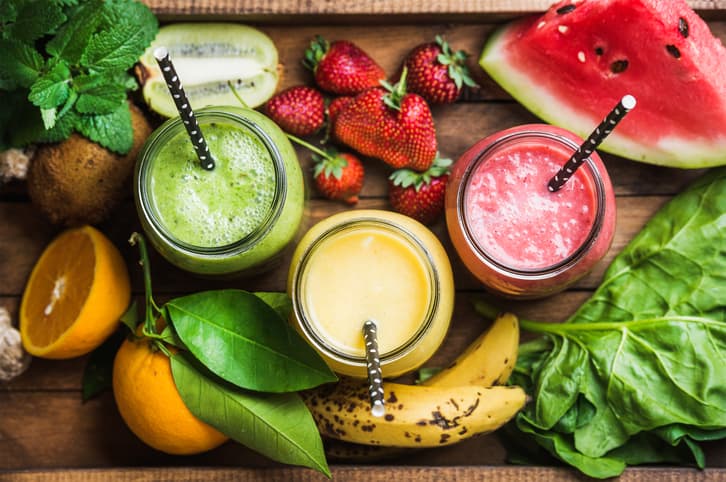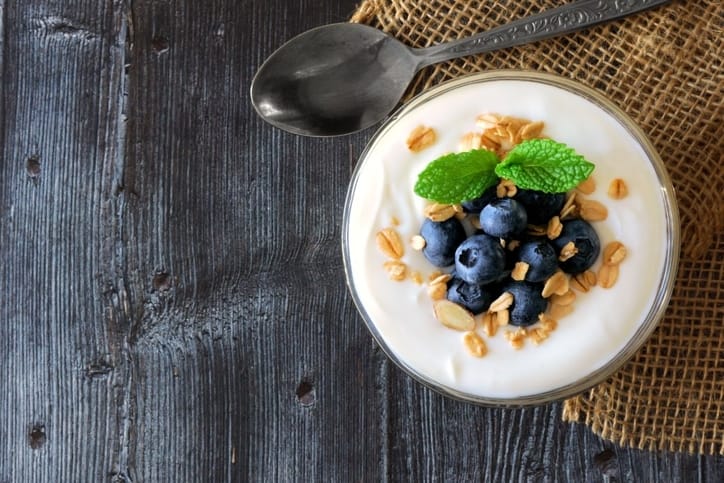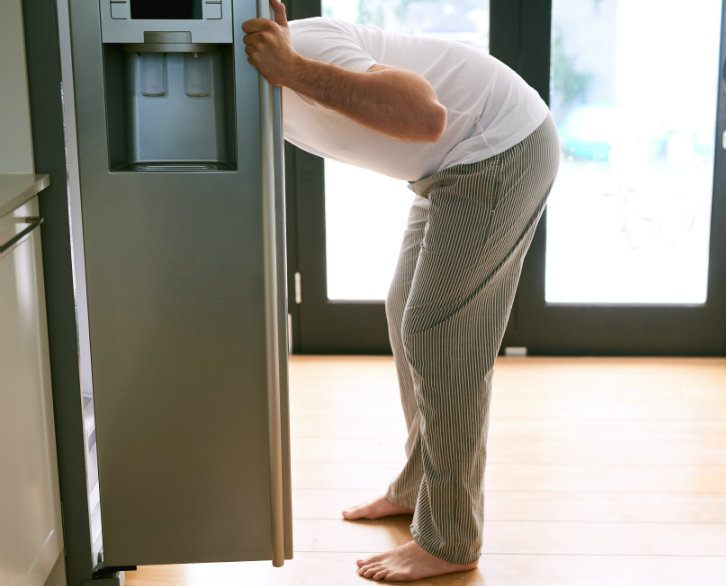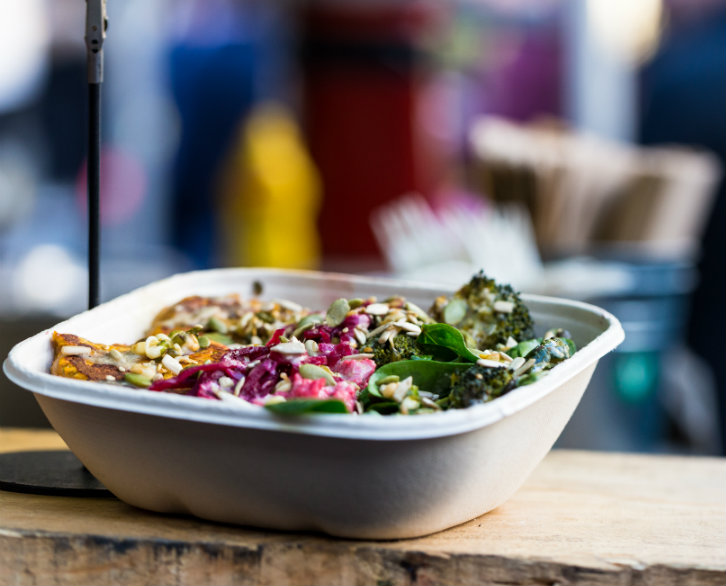
Are you planning on having weight loss surgery, or are you curious about the diet patients follow after surgery? There are some basic guidelines that patients must adhere to immediately after the operation and throughout the rest of their lives. This post-op diet guide is for patients who have undergone:
- Gastric balloon surgery
- Gastric bypass surgery
- Gastric sleeve surgery
- Lap-Band surgery
Your diet may vary slightly based on your physician’s recommendations, which will be tailored to your unique body, lifestyle and health goals. Here’s what to expect.
Immediately after weight loss surgery
Expect to be on a clear liquid diet for about a week after the surgery. Clear liquids that are acceptable to take in include:
- 100 percent fruit juices
- Broths
- Decaf coffee and tea
Avoid carbonated drinks (even diet ones) and alcohol, which provides extra calories but little nutrition. After gastric bypass and gastric sleeve surgeries, alcohol is absorbed more quickly in the body. This means post-op patients reach higher alcohol levels more quickly and maintain them for a longer period of time, which can also lead to alcohol dependency.
After surgery, you should also start taking a multivitamin every day. Continue to do so for the rest of your life to ensure you’re getting adequate vitamins, minerals and nutrients. Be sure to look for a multivitamin that includes vitamin D, calcium, iron and vitamin B12.
1 to 4 weeks after weight loss surgery
About a week after your weight loss surgery, you may move to a full liquid and pureed diet. It’s important to avoid ingesting solid foods during this phase, and only eat blended foods to allow your stomach to properly heal. In addition to clear liquids, foods you can have during this time include:
- Protein shakes
- Strained soup
- Yogurt
- Pureed vegetables and meat, including chicken, beef or turkey
Aim to drink at least 64 ounces or more of fluid every day to prevent dehydration, constipation and kidney stones. Avoid drinking water 30 minutes before you eat, and wait until 30 minutes after you eat to drink water. This ensures you are able to get the proper nutrition you need without already feeling full. Take small sips as you drink, and stop drinking when you feel full.

1 to 2 months after weight loss surgery
After your body has adapted to a pureed diet, you will likely be ready to progress to a diet of semi-solid foods. Aim to eat about six small meals a day, and include a balance of protein, vitamins and minerals in each meal. Besides clear and solid liquids and pureed foods, you may introduce these mushy, semi-solid foods about a month after your surgery:
- Cottage cheese
- Scrambled eggs
- Canned meats, like tuna or chicken
- Cooked vegetables, including beans
Depending on how your body is adjusting to semi-solid foods, and after discussing with your physician, you may be able to move on to the final food phase after your weight loss surgery: solid foods.
2 months after weight loss surgery: What you’ll follow for life
When you transition to your final post-op diet, you’ll be eating a healthy, nutritious diet of solid foods following certain guidelines. To avoid stretching out the stomach after your surgery, gradually move up to eating only one cup of thoroughly chewed food per meal. Food should reach a smooth, near-liquid stage before you swallow, to avoid blocking the opening between the stomach and intestines.
As you enter your new solid food phase, keep these guidelines in mind:
- Depending on your body type and ideal weight, ingest between 60 to 100 grams of protein per day
- Try to limit carbohydrates to 50 grams or less per day to avoid weight gain
- Avoid starchy foods and sugar-filled foods, due to low nutritional value and to avoid weight gain
- Avoid liquid calories, like alcohol, sugar-filled fruit drinks and sodas
Continue to drink at least 64 ounces of water per day, but avoid drinking water around meal time. Chew slowly and thoughtfully, and stop eating as soon as you’re full. Eat smaller meals throughout the day. Eating large meals less frequently can stretch out your stomach.
Be mindful of “healthy” foods that may not be ideal for a post-weight loss surgery diet. Plain popcorn can make you feel full quickly, which may prevent you from getting the nutrition you need. Fibrous fruits and vegetables, and raw vegetables and fruits with skins on them, can be difficult for weight loss surgery patients to digest.
Here are 25 totally yummy snacks to enjoy.
Learn more about bariatric surgery at Soma Weight Loss
Your post-op diet is a crucial element in helping you to achieve your weight loss goals and maintain an ideal weight. Throughout the entire weight loss surgery process, your physician will be available to answer any questions you have and help you plan your pre-op and post-op diets.
If you have questions about bariatric surgery or wish to schedule a consultation, contact Soma Weight Loss. We’re here to help you achieve your weight loss goals and live a healthier and happier life.


![Which Diet is Best for Weight Loss? [Infographic]](https://www.somabariatrics.com/wp-content/uploads/2019/10/burger-and-fries-vs-green-salad-best-diet-for-weight-loss.jpg)

